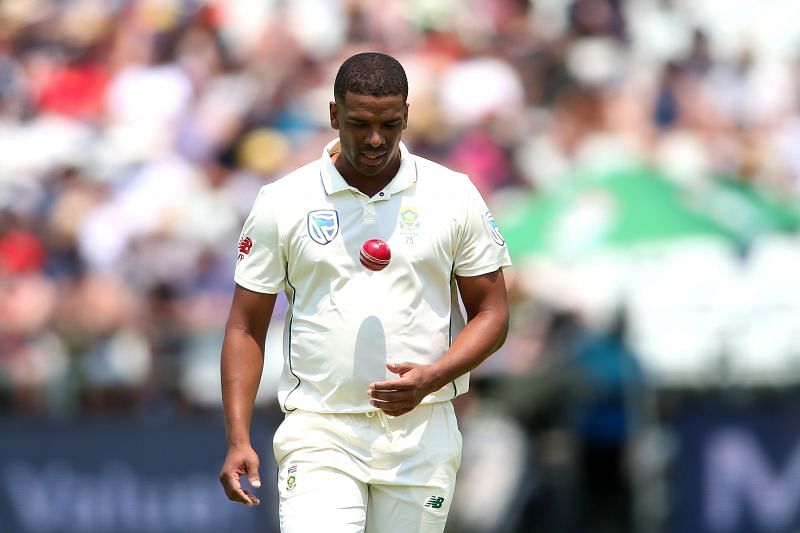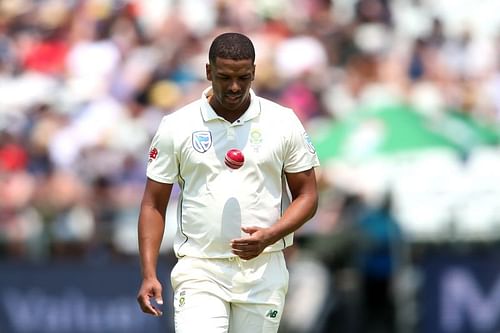
Vernon Philander thankful for finding a way to succeed without solely relying on pace

Vernon Philander called it quits from international cricket after South Africa lost the home Test series 3-1 to England. Although he did not have express pace, he will go down as one of the greatest bowlers produced by South Africa.
In the 64 Tests that he played for the Proteas, he picked up 224 wickets and set an example for everyone that a fast bowler can be successful at the highest level if he works on his skill set and uses it as a weapon rather than just relying on bowling with raw pace.
This is exactly the message that Philander wants to give to the young generation of fast bowlers in South Africa.
Philander was quoted as saying after his final Test by ESPNCricinfo,
"When you don't have pace, you need other skills to come to the party. Over the years, you learn the more consistent you can be, irrespective of what pace you bowl at, you will be effective.
"We just have to make sure we are not just worried about pace all the time. We need to make sure we are nipping the ball and that we can swing the ball, because those are assets in the game that will make you a great bowler one day. We need to make sure we keep those skills alive."
Philander also mentioned his tough childhood period where he had to fight to survive. He believed that those survival instincts went a long way in making him a successful bowler.
Although he did not have the pace, Philander always tried to make an impact and find ways of getting the batsman out and winning games for his team.
He continued,
"When you come from my sort of background, there are a couple of other skills that you get brought up with. Survival is one of them.
"You always find a way, irrespective of what the conditions are. That's something I will always be grateful for, especially from where I come from. You always have to find a way to make it through in life."
Philander has signed a Kolpak deal with Somerset for a couple of years but he wants to be back in the South African camp in some kind of a coaching role in the future.
"I'd like to be a part of it, probably in a mentorship role, to make sure we the younger guys that are coming into the system are up to scratch."